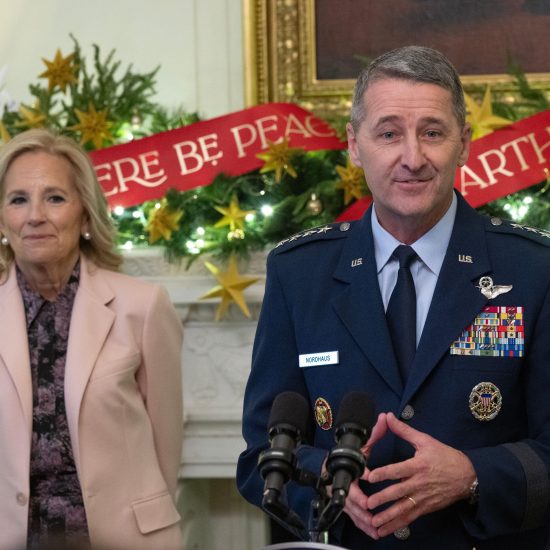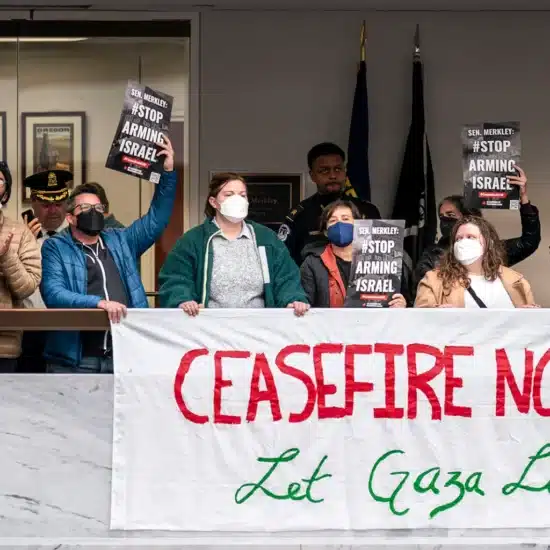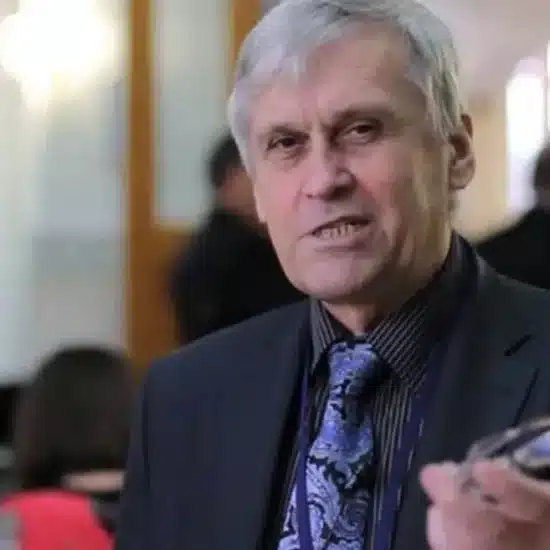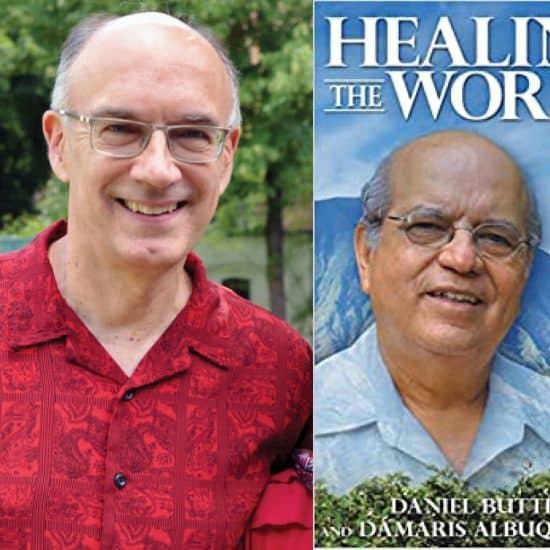By Bill Webb
Word&Way Editor
The Missouri Baptist Convention’s leaders and messengers focused on their schisms when they met in annual session a couple of weeks ago at the Millennium Hotel in the shadow of the famed St. Louis Arch. And most would like to see the divisions end.
 The theme, “Restoring Fellowship, Reaching People,” addressed the concern that fractured fellowship also has hurt giving and evangelism. Speakers over and over spoke bluntly about the need for repentance and forgiveness — individual and corporate.
The theme, “Restoring Fellowship, Reaching People,” addressed the concern that fractured fellowship also has hurt giving and evangelism. Speakers over and over spoke bluntly about the need for repentance and forgiveness — individual and corporate.A six-month-old Executive Board peace committee made up of adherents to what messengers referred to as the primary MBC “political” groups, Save Our Convention and the Missouri Baptist Laymen’s Association, reported they need and will be seeking mediation.
(Several years ago, the five-member MBLA successfully gained control of the Missouri Baptist Convention, claiming they were rescuing it from liberalism. Less than two years ago, SOC emerged, claiming MBLA was exerting an inordinate amount of influence by packing trustee boards and rewarding MBLA insiders after solidifying control through its Project 1000 voting effort.)
There was the matter of contested elections for all four officer positions this year. In apparent deference to the peace committee, officer “slates” were not publicly promoted, or even acknowledged. But after runoff elections for three of the positions, at least three of the officers — president, first vice president and second vice president — were secured by leaders associated last year with SOC.
Some nominators — particularly where there were three or four candidates — suggested they were nominating people because they were not aligned with any organized group.
For the second straight year, a majority of messengers sided with Save Our Convention, which last year easily swept all four showdowns with Project 1000-approved opposition.
Leaders are clear that the focus of reconciliation is on differences between “conservatives” — those who remained after so-called moderates and their churches either walked away or were sent packing over the past few years. There is no apparent hope or desire to carry reconciliation beyond the “conservative” family.
By and large, it appears that most of the rank-and-file certainly did not come to the annual meeting looking for a rumble. The numbers belie that fact. Registered messengers set no attendance records this year. In fact, the final report indicated only 1,058 messengers, reportedly the lowest total in 36 years. If anyone tried to get out the vote, he didn’t do very well.
Interestingly, the peace committee gave its report during the Monday evening opening session, usually reserved for convention preliminaries, worship and messages by the president and executive director.
The speaking was done by committee chair Jeff Purvis, who offered “background” for the written report — released the next day — and voiced his displeasure that two members of the committee planned to allow themselves to be nominated for convention office. To do so would undermine any possibility of peace, he said. (Both were nominated and won.)
The progress noted thus far by the committee includes agreement that former executive director David Clippard was a key character in driving a wedge between “key MBC leaders” and that his investigation and firing at the hands of the Executive Board in 2006 were handled properly and legally.
Purvis also lifted up MBLA leader Roger Moran, a member of the committee, as an example of someone who had been maliciously and publicly maligned even though he deserved honor and respect.
In fact, the peace committee had exonerated Moran of charges that he is a powerbroker in Missouri Baptist life and a legalist, Purvis said. The entire committee — made up of SOC and MBLA adherents — asked his forgiveness, Purvis told messengers. When SOC was launched less than two years ago, it did so with complaints that Moran and MBLA were indeed wielding more influence than any small group should. Words like “powerbrokers” and “legalism” surfaced in the complaints.
The peace committee probably should have begun its work with the help of a mediator as originally stipulated in the motion that created the committee. It gives evidence that it is ignoring the elephant in the Missouri Baptist house — jostling for power continues unabated and harmful tactics are still quietly justified.
If the parade of speakers at the annual meeting was on target, the stuff of peace will not emerge from a committee tempted to merely determine causes and affix blame. The likes of professor Roy Fish, pastor John Bisagno, counselor Kerry Skinner and others left Missouri Baptists with a notion that life-changing peace and reconciliation starts with “me,” not “you.”
With all due respect to intentions to solve sin problems by committee, the real work of repentance, forgiveness, grace and reconciliation will likely emerge through burdened individuals, and it may not come from party insiders.






